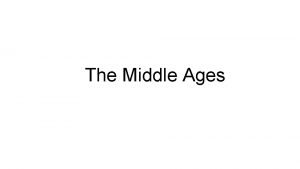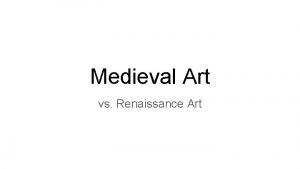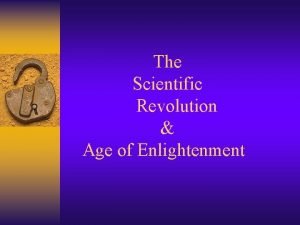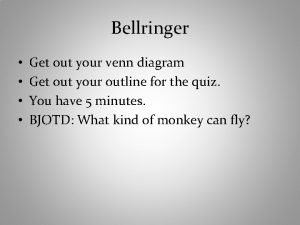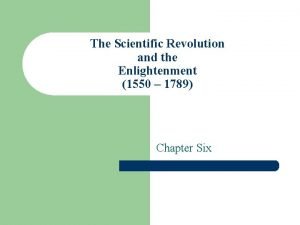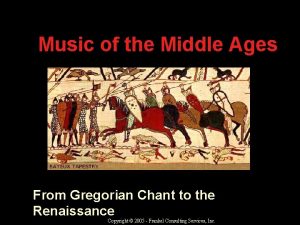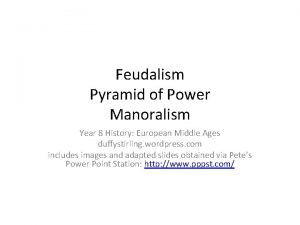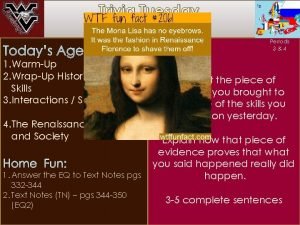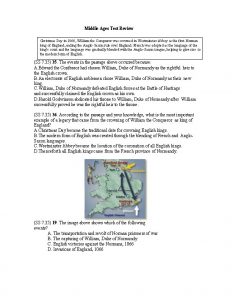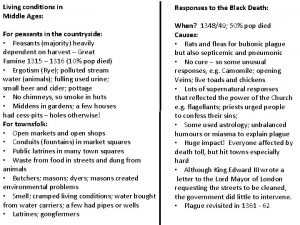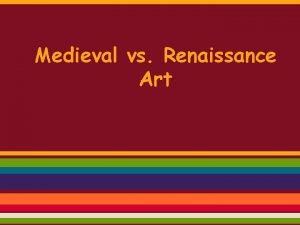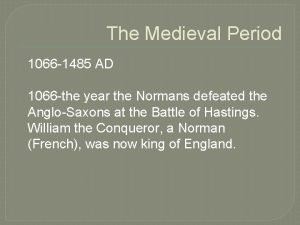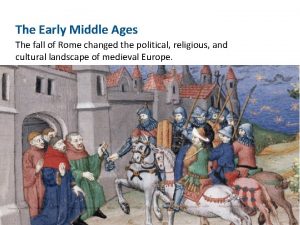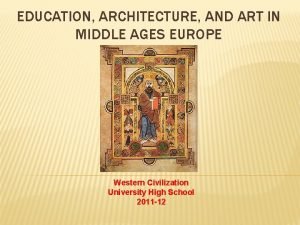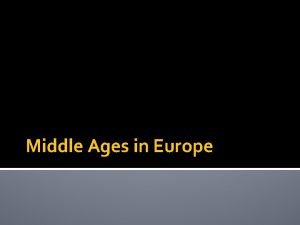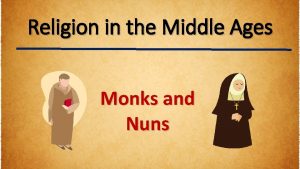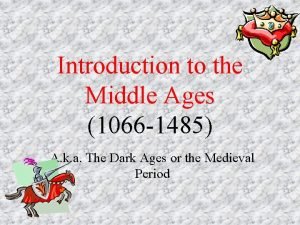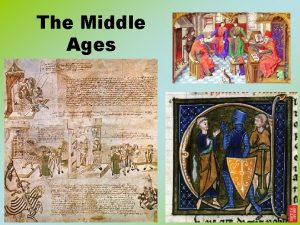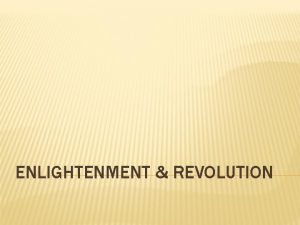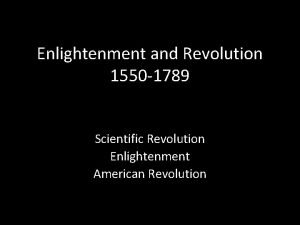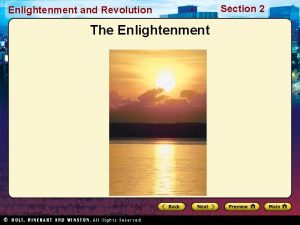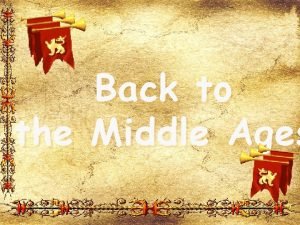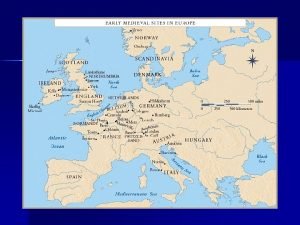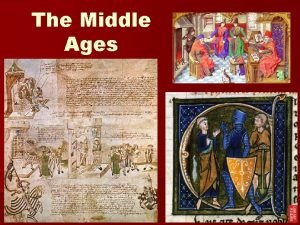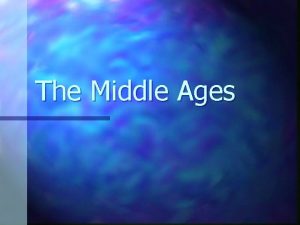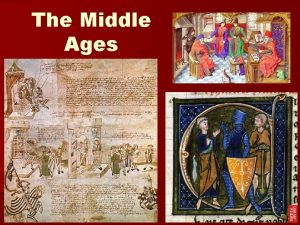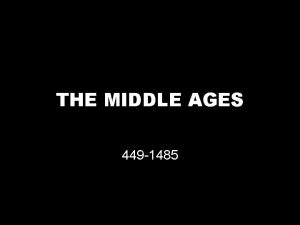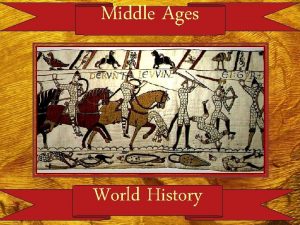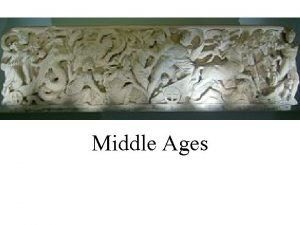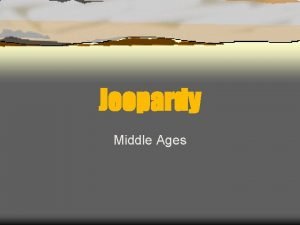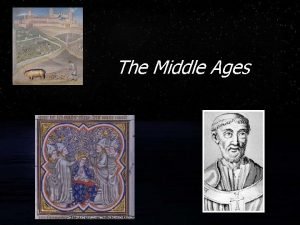The Enlightenment Scientific Revolution Scientific Revolution Middle Ages






















- Slides: 22

The Enlightenment & Scientific Revolution

Scientific Revolution Middle Ages to the 1600 s – scientific thought was based on ancient thinkers like Aristotle, Ptolemy, and Galen Catholic Church doctrine was also important -earth was the center of the universe, dissection of human bodies was forbidden

An Experiment on a Bird in an Air Pump by Joseph Wright of Derby, 1768

Enlightenment The Enlightenment was a period of time, starting around 1715, when people developed new ideas about human existence, including peoples’ basic rights and the purpose of government. The basic premise of the Enlightenment was the superiority of reason

Basic Principles of the Enlightenment Humans behave according to natural laws based on reason Human beings can and should be educated (to reason for themselves) Religions that relied on faith or refused to tolerate diversity were wrong Society’s goals should center on improvements in material and social life

Political Science Absolutism is questioned by political philosophers who believed in natural law or the principle that a better life can be found through reason

coffee houses “stimulated” the discussion of these ideas throughout Europe

Scientific Revolution Thinkers Believed earth was round & sun was center of the universe Copernicus Published his theories on gravity; wrote Principia; developed calculus Newton Believed Copernicus; published his ideas & was threatened with torture and death by the Catholic Church Galileo English philosopher who helped develop the scientific method Bacon


ENLIGHTENMENT PHILOSOPHERS

Thomas Hobbes The state of nature is a state of war. No morality exists. Everyone lives in constant fear. Governments must be designed to protect the people from themselves Purpose of Government: To impose law and order to prevent the state of war.

- Powerful government. - People are naturally cruel & selfish. - If not controlled, people will fight, rob, & oppress. Believed in a Social Contract - an exchange of your freedoms for a safe, organized society.

John Locke Natural Rights: Life, Liberty and Property. Purpose of Government: Protection of our natural rights

John Locke - People are inherently good. - Government should have limited power. - If Government breaks the Social Contract, people have right to replace it.

Jean Rousseau -A SOCIAL CONTRACT exists between the ruler and the ruled -Purpose of Government: To bring people into harmony. (The will of the people is most important)

A. Jean Rousseau - Beliefs: - People are inherently good & make good decisions. - People will give up their freedoms to benefit society – A Social Contract - People vote on decisions & live by those decisions.

Baron de Montesquieu power must not be absolute, it should be divided branches of government. Executive, Legislative & Judicial

Baron de Montesquieu - Against the idea of absolute power. - Believed in separation of powers & system of checks and balances.

Mary Wollstonecraft - Known For… - All humans can reason, because women can reason, they should have the same rights as men.

- Wrote: A Vindication of the Rights of Women.

F. Mary Wollstonecraft - Beliefs: - Women should have equal rights in education, work, & politics. - Believed women should be good mothers first, but women offered so much more.

 Why are the middle ages called the dark ages
Why are the middle ages called the dark ages Dark ages vs middle ages
Dark ages vs middle ages Scientific revolution and enlightenment speed dating
Scientific revolution and enlightenment speed dating Scientific revolution and enlightenment speed dating
Scientific revolution and enlightenment speed dating Enlightenment vs scientific revolution
Enlightenment vs scientific revolution Divine rights of kings
Divine rights of kings Gregorian chant middle ages
Gregorian chant middle ages Feudal system pyramid of power
Feudal system pyramid of power Middle ages def
Middle ages def Renaissance vs middle ages
Renaissance vs middle ages Middle ages test review
Middle ages test review Ranks of the catholic church
Ranks of the catholic church Living conditions in the middle ages
Living conditions in the middle ages Middle ages
Middle ages The middle ages 1066-1485 unit test
The middle ages 1066-1485 unit test Early middle ages
Early middle ages The middle ages 1066 to 1485 unit test
The middle ages 1066 to 1485 unit test Education in middle ages
Education in middle ages Manor system def
Manor system def Naissance renaissance
Naissance renaissance Monks and nuns in the middle ages
Monks and nuns in the middle ages The middle ages 1066 to 1485 unit test closed book
The middle ages 1066 to 1485 unit test closed book Eleanor of aquitine
Eleanor of aquitine
